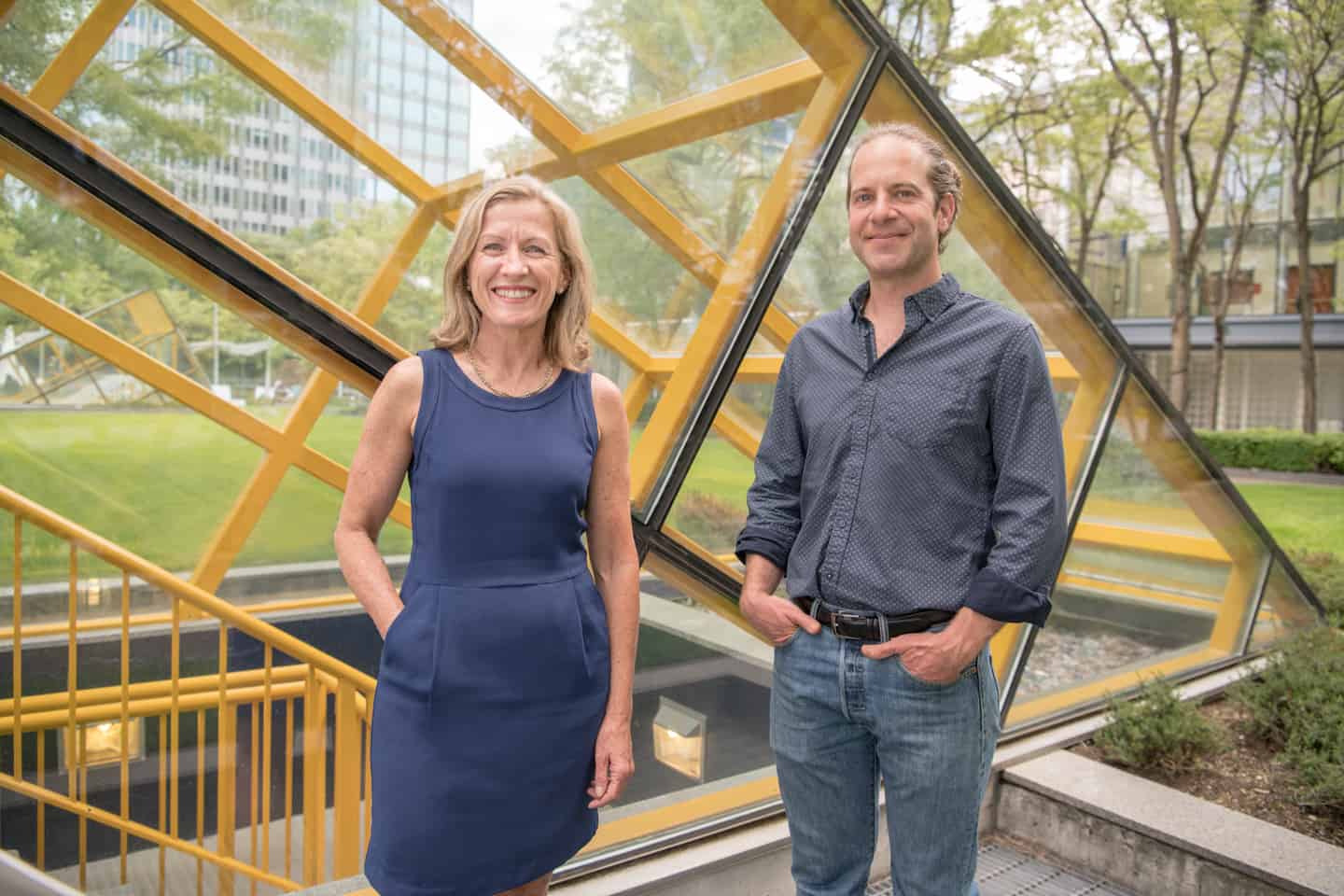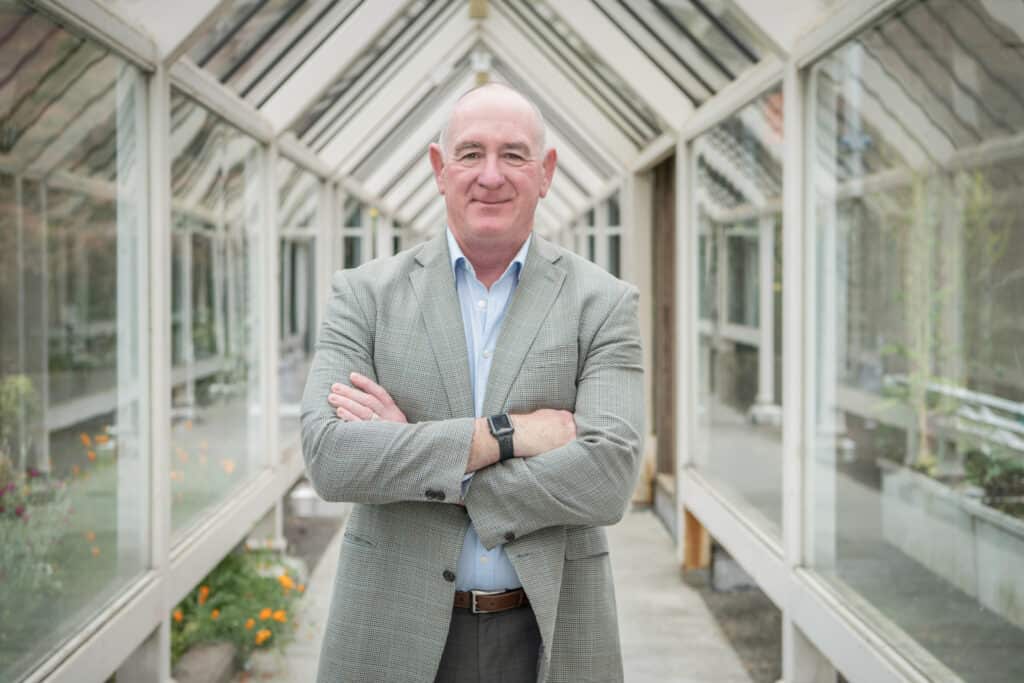Published Promise 2020
Providence Health Care is already providing the best evidence-based, patient-centred health care possible. But there’s more: as a founding member of Canada’s Digital Technology Supercluster, and as we move toward the new St. Paul’s, we’re partnering with industry, post-secondary institutions, the government of BC, and other organizations to co-develop and exponentially accelerate the health care of the future.
Hope for skin cancer patients
This year, 82,000 Canadians will be diagnosed with skin cancer. If caught early enough, the five-year survival rate is 97%. Unfortunately, there’s a critical shortage of dermatologists in BC and patients can wait six months or more for an appointment.
That’s why we’re so excited about the Dermatology Point-of-Care Intelligent Network project: a diagnostic tool that will exponentially speed up the diagnosis and treatment of skin cancer. Doctors from across BC will upload photos of suspicious moles to a cloud-based network fortified with artificial intelligence (AI).
With thousands of images in the network, the AI has been “taught” to distinguish between cancerous and benign moles. “It doesn’t take away from the clinician’s expertise, but AI can help to form a second opinion,” says Dr. Nardia Strydom, head of family medicine at PHC. “The technology enables primary-care providers across BC to access expertise more quickly and more efficiently.”
This is no hocus pocus
The technology developed for the dermatology project is also being leveraged for another Supercluster initiative improving patient care right now, and will also be destined for the new St. Paul’s: an Intelligent Network for Point-of-Care Ultrasound (PoCUS).
PoCUS equips doctors with wireless handheld ultrasound devices, e-learning, and visual feedback in real time to deliver faster, more accurate diagnoses.
Across BC, timely access to ultrasounds is hindered by a lack of machines and limited ability among primary-care physicians to interpret scans. In fact, just five per cent of BC physicians are trained to analyze scans, and up to 40% of patients face lengthy wait times for the tests.
With PoCUS, patients have access to ultrasound scans no matter where they live. Imagine a patient with a concern in northern BC visiting her family doctor and having a scan right in the office. Her doctor can get real-time virtual guidance from the experts at St. Paul’s. And because the images are uploaded into a central database, it’s fast and easy to get a second opinion.
“The project will deliver handheld PoCUS technology to communities across BC. And it will allow primary care providers to acquire clinically relevant data at the patient’s bedside,” says Dr. Oron Frenkel, an emergency physician at St. Paul’s. “Some scans produce results that are clinically significant in seconds. Of course, the ultimate winners are the patients who can get faster diagnoses.”
PoCUS isn’t just a vision for the future; it’s being used right now to combat COVID-19. Scans allow for faster and more accurate diagnoses of lung conditions related to the coronavirus. Data suggest PoCUS can help detect up to 33% more cases of COVID-19 pneumonia than lab tests alone.
“It’s a unique situation for a healthcare organization to sponsor innovation in this way,” says Frenkel. This sentiment was echoed by Sue Paish, CEO of Canada’s Digital Technology Supercluster, at a recent innovation forum: “We have some leaders that are emerging now in our provincial health care system who understand the importance of collaboration, leveraging data, and working with startups; one very significant development is at Providence Health Care with the new St. Paul’s.”
PHC has always been a changemaker in our mission to advance care. And in working with existing and new partners in Supercluster projects like these, the new St. Paul’s at the Jim Pattison Medical Centre is poised to become a global model of patient care.
Photography by Jeff Topham
Support innovation at PHC and accelerate the development and implementation of solutions that will improve lives for patients across BC and beyond. Give today at donate.helpstpauls.com/innovation.



